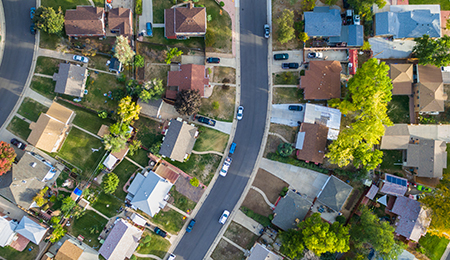This is how you can avoid major home issues with phase inspections.
One of the things that you need to look into when buying a new home is phase inspections. To give you an idea of just how important phase inspections are, a whopping 65% of homebuyers last year encountered problems during their first inspection.
The issues they found ranged from faulty HVAC systems to safety hazards, drainage problems, and more. Even worse, many reported needing premature repairs for electrical, plumbing, and foundation issues—not exactly what you want to discover after buying your home and moving in!
You can easily prevent these issues if you’re buying a new construction home and have it inspected. These inspections happen at key stages throughout the construction process, giving you extra assurance that your future home is built right.
“Phase inspections can catch problems early on, which makes them crucial when buying a new construction home or otherwise.”
Here’s what’s included in a phased inspection:
- Foundation inspection. This inspection is performed even before the concrete slab is poured. Inspectors check the surface preparation, sewer, and drain lines. Foundation inspectors will examine the interior and exterior of the home for any cracks, water damage, or foundational issues around the area.
- Pre-drywall inspection. This is done before installing the insulation and drywall and before the walls are closed up. This inspection allows a thorough look at the plumbing, electrical wiring, and structural frame, which is important as hidden issues behind walls can be a major issue in the long run.
- Final punch-out inspection. This is the standard inspection that most buyers get before closing. It focuses on plumbing, electrical systems, home systems, roofs, windows, and doors. Keep in mind that inspectors can only assess what they can see. They can’t rip out drywall or lift up carpets to see any issues there.
As you can see, phase inspections can catch problems early on, which makes them crucial when buying a new construction home or otherwise. Identifying issues early on can save you money and potential headaches down the road. Inspector fees typically range from $100 to $200 per inspection, which is a small price to pay in exchange for your peace of mind.
Here are a few final bonus tips: First, look for inspectors with experience in new construction who can perform phase inspections. Next, most builders offer a one-year warranty on repairs and will address issues on a list with you after the home settles. Lastly, consider a follow-up inspection around the 10th to 11th month mark to catch any settling related problems before the warranty period expires.
If you need any help with home inspections, contact us today. Call, text, or send us an email and let our team guide you through the process.



